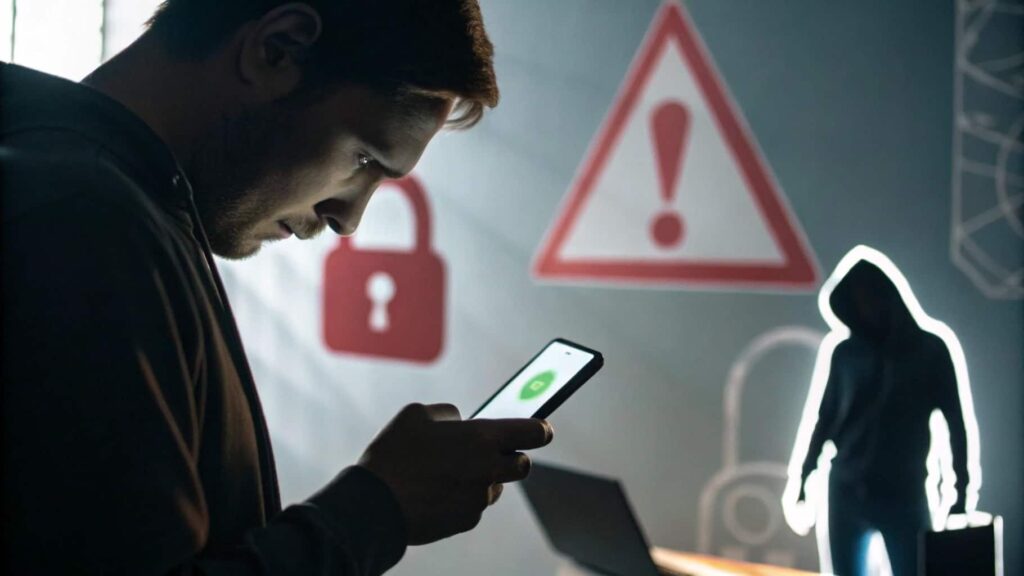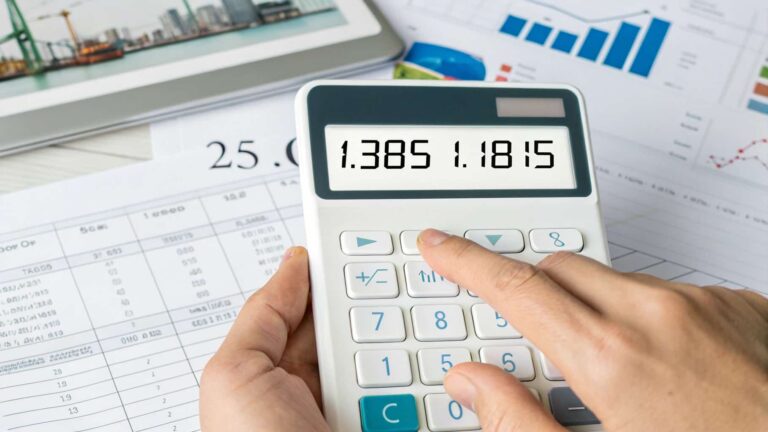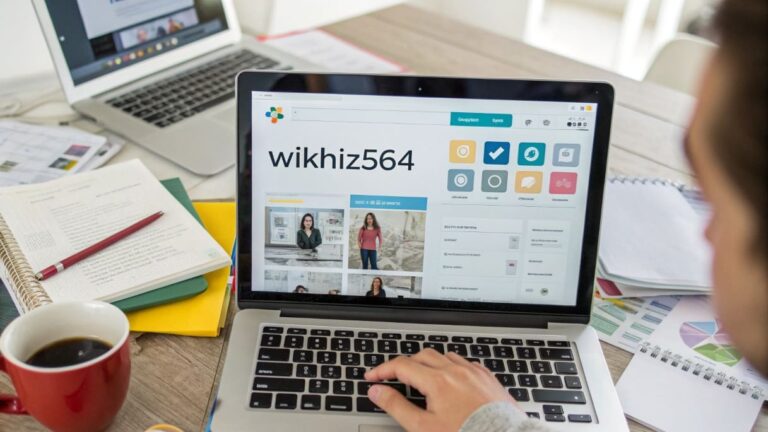8886166635 – Warning Don’t Share Your Info With This Number!
In recent years, a concerning trend has emerged, with scammers increasingly targeting EBT (Electronic Benefit Transfer) recipients through fraudulent text messages. Among these scams, one number stands out – 8886166635. This number is often linked to fake alerts that claim there are issues with an EBT account, urging recipients to call and provide sensitive personal information.
These scams are designed to steal resources and create confusion, often causing emotional and financial distress to victims. This article explores the truth behind the 8886166635 scam, how to recognize it, and the steps you can take to protect yourself from falling victim.
What Is The 8886166635 Scam?
The 8886166635 scam involves fraudulent text messages sent to EBT recipients, often suggesting that their EBT accounts have been compromised, frozen, or hacked. These messages urge the recipient to call the number 8886166635 to resolve the issue.

Upon calling, victims are greeted by an automated system that asks for sensitive information, including their EBT card number and PIN. Once this information is provided, scammers use it to access and steal the benefits from the victim’s account.
Understanding EBT Cards and Their Vulnerabilities:
EBT cards are issued by government programs such as SNAP (Supplemental Nutrition Assistance Program) and TANF (Temporary Assistance for Needy Families). These cards provide recipients with access to food and other essential services.
While EBT cards are convenient, they are also attractive targets for scammers because they are electronically linked to government benefits, making it easier for fraudsters to steal resources. The 8886166635 scam takes advantage of this vulnerability by impersonating official messages from government agencies.
How The 8886166635 Scam Works?
The operation of the 8886166635 scam can be broken down into several clear steps:
Scammers Use the Stolen Information for Further Fraud:
After stealing the victim’s benefits, the scammers may use the information to commit additional forms of identity theft, such as opening accounts in the victim’s name or accessing other financial resources.
Receiving the Fraudulent Message:
The victim receives a text message claiming that their EBT card has been frozen or hacked. The message typically uses alarming language to create a sense of urgency, such as “Your EBT account has been compromised!” or “Your EBT card has been temporarily locked. Call 8886166635 to resolve the issue.”
Dialing the Scam Number:
The victim, concerned about losing access to their benefits, calls 8886166635, thinking it’s an official number for EBT customer service. This number, however, is a fraudulent hotline operated by scammers.
Automated System Requests Personal Information:
Upon calling, the victim is greeted by an automated system that requests sensitive information such as the EBT card number, PIN, and possibly even other personal details. The system may sound convincing and official, further duping the victim into trusting it.
Fraudsters Access the EBT Account:
Once the victim has provided their card details, the fraudsters can use this information to access the EBT account. They will then deplete the available benefits or make unauthorized transactions.
How Can You Recognize the Red Flags of EBT Scams?
Being able to spot the warning signs of an EBT scam is crucial in preventing victimization. Here are several red flags that should raise suspicion:
- Suspicious Numbers: Fraudulent calls often come from numbers that are unfamiliar or not listed on official EBT websites. If the number seems out of place, it’s best to hang up and call the official customer service number directly.
- Unsolicited Texts or Calls: Government agencies that manage EBT benefits, such as state welfare departments, will not send unsolicited messages asking for sensitive information. If you did not initiate contact with the agency, the message is likely fraudulent.
- Requests for Sensitive Information: Legitimate EBT providers will never ask for your EBT card number, PIN, or other sensitive details via text message or over the phone. Always be cautious if you’re asked for personal information in this way.
- Urgency and Threats: Scammers often attempt to create a sense of urgency by saying things like, “Your benefits are about to be locked! Call now!” Real government agencies don’t pressure people to act immediately or make threats. Always take time to verify the legitimacy of such claims.
What Is the Impact of the 8886166635 Scam on Victims?
Falling victim to the 8886166635 scam can have far-reaching emotional and financial consequences. For many individuals and families, EBT benefits are crucial to accessing basic necessities like food and healthcare. When these benefits are stolen, it can lead to significant stress, difficulty in recovering the funds, and even long-term financial hardship.

The emotional toll of being scammed is equally damaging. Victims often feel violated, anxious, and helpless as they navigate the process of reporting the fraud and dealing with the aftermath. It’s essential to take immediate action if you suspect that you have fallen victim to this type of scam.
How to Protect Yourself from the 8886166635 Scam?
The best way to protect yourself from EBT scams like 8886166635 is by being vigilant and cautious. Here are some key steps to safeguard your information:
- Don’t Respond to Suspicious Texts or Calls: If you receive a message or call asking for your EBT card information, do not respond. Contact your local EBT office using official contact details to verify if there is a problem with your account.
- Use Official EBT Websites and Helplines: Always use official government websites and helplines for assistance. Bookmark these numbers and websites to avoid falling for fraudulent phone numbers like 8886166635.
- Monitor Your EBT Transactions Regularly: Keep track of your EBT account activities and report any unauthorized transactions immediately. Many EBT systems offer online portals where you can review your benefits and transaction history.
- Enable Multi-Factor Authentication: If your EBT provider offers additional security features like two-factor authentication or alerts, take advantage of them to strengthen your account’s security.
What Should You Do If You’ve Fallen for the 8886166635 Scam?
If you realize that you’ve fallen victim to the 8886166635 scam, it’s important to act quickly:
- Keep Detailed Records: Document everything related to the scam, including the number you called, the information you provided, and any communication you received. This information will be helpful in the investigation process.
- Report the Fraud to Your EBT Provider: Contact your state’s EBT customer service immediately. They may be able to stop further fraudulent activity and possibly restore some of the lost benefits. It’s important to report the fraud as soon as possible.
- File a Report with the FTC: Notify the Federal Trade Commission (FTC) of the scam at reportfraud.ftc.gov. The FTC tracks these scams and helps build cases against the fraudsters.
- Alert Your Bank or Credit Card Provider: If you’ve provided financial information, contact your bank or credit card company to protect your accounts from further fraudulent activity.
Reporting the 8886166635 Scam – Why It Matters!
Reporting scams like the 8886166635 fraud is essential for stopping criminals and protecting others from falling victim. When you report the scam, you help authorities track down the fraudsters and disrupt their operations. The more people report these incidents, the more information law enforcement has to investigate and take action.
Reporting also helps raise awareness, ensuring that others in your community are aware of the scam and can avoid it. By sharing your experience, you contribute to building a safer environment for everyone, making it harder for scammers to succeed. Together, we can fight back against fraud and protect vital resources.
The Role Of Government And Cybersecurity Organizations:
Government agencies and cybersecurity organizations play a critical role in combating fraud, including scams targeting EBT users like 8886166635. They monitor suspicious numbers and fraudulent activities to identify trends and disrupt fraud networks. These efforts are vital in safeguarding public benefits programs.
- Monitoring Fraudulent Numbers: Agencies track numbers like 8886166635 to identify scams and alert the public. They can issue warnings to recipients and provide resources on how to avoid these fraud schemes.
- Public Awareness Campaigns: Many government and nonprofit organizations offer training, resources, and campaigns aimed at educating the public about common scams and how to protect themselves.
- Cooperation with Law Enforcement: Cybersecurity experts collaborate with law enforcement to identify, track, and apprehend criminals involved in EBT fraud.
Community Vigilance – Working Together To Stop EBT Scams!
Combating EBT scams like the 8886166635 fraud requires the collective effort of the entire community. By talking to friends, family, and neighbors about these scams, you help create a more informed and vigilant environment. Sharing information and warning others about the signs of fraud can prevent people from falling victim to scams.

Local organizations and support groups also play a crucial role in providing help and guidance to victims. Working together ensures that everyone stays protected, and scammers have a harder time exploiting vulnerable individuals.
FAQs:
How can I tell if an EBT text message is fake?
A fake EBT message typically creates urgency, saying your account has been locked or compromised. It will ask you to call a suspicious number like 8886166635. Real agencies won’t ask for sensitive information over text or ask you to act immediately. Always double-check with your EBT provider.
What should I do if I suspect I’ve been scammed?
If you suspect that you’ve fallen for the 8886166635 scam, immediately report it to your EBT provider and the FTC. Keep a record of the message and any personal information you may have shared. Monitor your account for unauthorized transactions and report them as soon as possible.
Can I recover my stolen EBT benefits?
Recovery of stolen EBT benefits is not guaranteed, but some states may offer limited replacements. Reporting the scam quickly is key to increasing the chances of a partial recovery. Contact your EBT provider immediately for guidance.
Can scammers access my EBT account without my card number?
Yes, if scammers obtain other sensitive personal information or use deceptive tactics, they can gain access to your EBT account. Never share any personal information or PIN over the phone or through suspicious messages. Always stay cautious.
Are there other numbers used for EBT scams?
Yes, 8886166635 is just one of many fraudulent numbers used by scammers to target EBT recipients. Scammers may change their numbers frequently to avoid detection. If you receive any unfamiliar number asking for EBT details, it’s best to verify it with your EBT provider.
Is it safe to click on links in EBT-related messages?
No, it’s never safe to click on links in unsolicited messages claiming to be from EBT providers. These links may direct you to fraudulent websites designed to steal your information. Always go to your EBT provider’s official website for any account-related issues.
Conclusion:
The 8886166635 scam is just one example of how fraudsters exploit the vulnerabilities in the EBT system to steal from individuals who rely on these benefits. By staying informed, recognizing the red flags of fraud, and taking proactive steps to protect personal information, EBT recipients can safeguard their benefits.
It’s essential that individuals work together with authorities and organizations to combat these scams and prevent others from falling victim.
Also Read:





